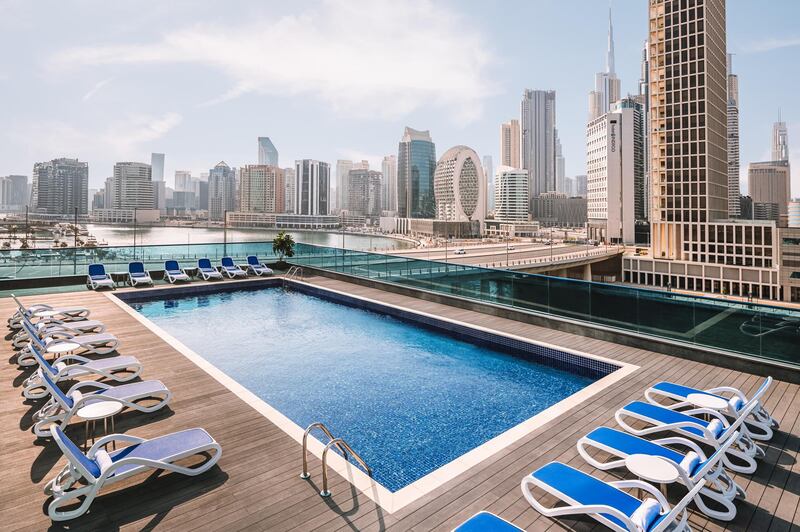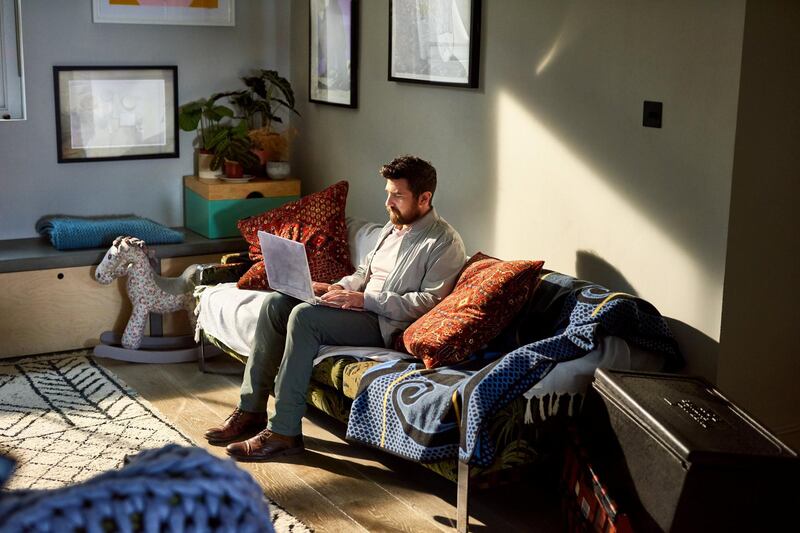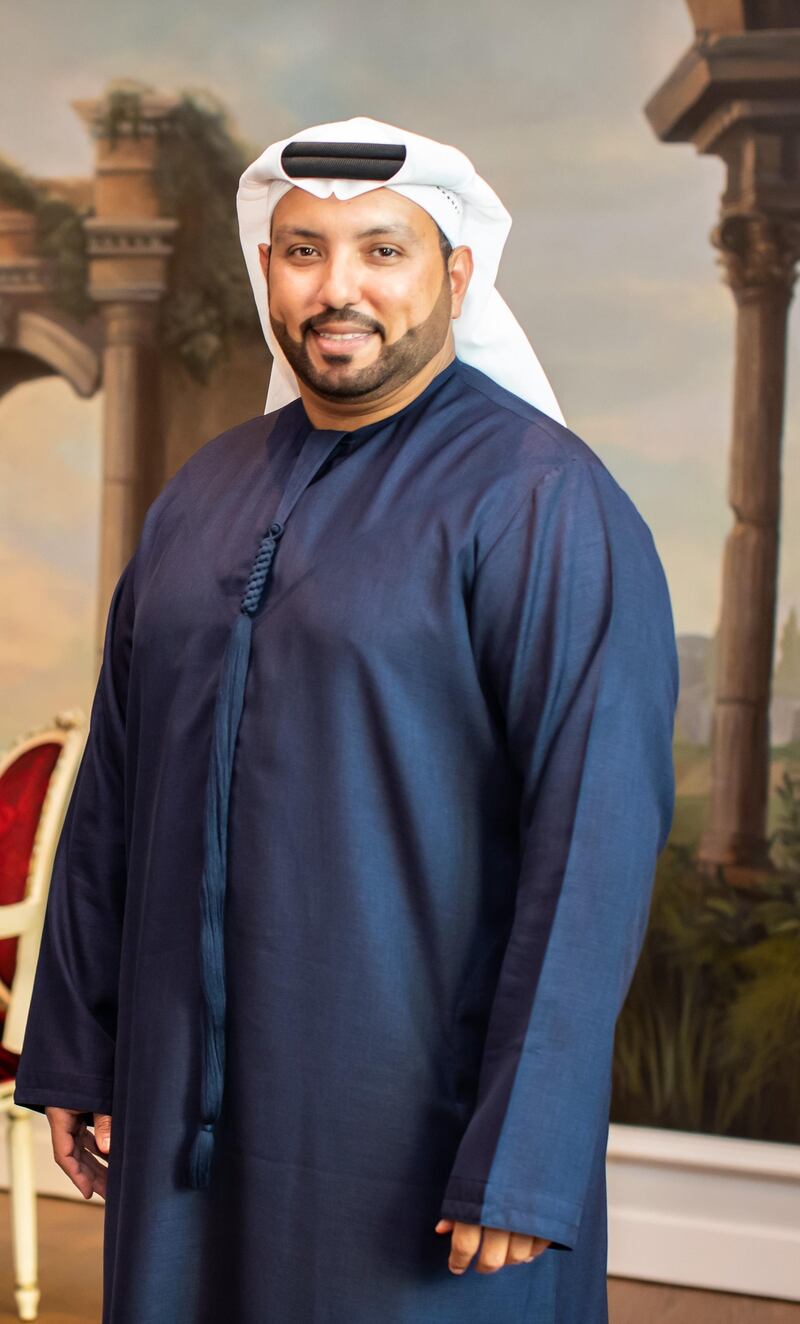Forward-thinking firms across the UAE are embracing buy now, pay later deals to bolster trade during the pandemic.
Experts have said the impact of Covid-19 was largely responsible for an increase in digital transactions and a change in how people spend their money.
Household names Ikea and Marks & Spencer are among the companies now offering customers the opportunity to spread payments over several months, instead of paying the full amount straight away.
Pay for hotel stays in instalments
It is not only retail brands offering deals to customers in the UAE. Hoteliers are also getting in on the act to attract new customers in a difficult climate.
“The pandemic conditions garnered an unprecedented rise in online shopping overnight, reflecting how customers were evolving and engaging with brands that offered flexibility and adaptability to consumers,” said Monther Darwish, managing director of Palazzo Versace Dubai, where guests can pay for their stay in four monthly instalments.
“One key consumer need that arose from the pandemic was the demand for flexible payment methods.
“Studies show that the consumer desire for luxury products and services had not decreased during the pandemic, but in most cases their means to buy had.”
He said there was a clear surge in demand for staycations, long-stay holidays, daycations, dining experiences and spa treatments from local and international travellers during the pandemic, especially among younger generations.
But to meet that demand they had to adopt new practices.
“It was important for us to adapt to the younger demographic by aligning with their buying behaviour,” he said.
“Before the pandemic and even more so now, we have made it a priority to be digital-forward.
“In a few years’ time, we believe that every luxury hotel and property will offer a service on this level to respond to the changing times.”
Businesses must be flexible

Almost three-quarters of UAE residents (73 per cent) had shopped more online since the beginning of the pandemic, according to a recent report by credit card company Mastercard.
A senior figure from a leading hotel said the industry had no choice but to adapt to the changing demands of the market, especially from younger customers.
“Due to the reduced travel demands, it has become essential to create attractive packages and offerings in order to grab consumer interest,” said Tim Cordon, Middle East senior vice president for the Radisson Hotel Group.
“Guests, especially in a city like Dubai, are now looking for incentives such as food and beverage discounts, free upgrades, added value and booking flexibility.”
The change in consumer habits has prompted retailers and hoteliers to team up with platforms that enable payments to be split over several months, without need of a credit card.
One such company is Tabby, which has teamed up with more than 2,000 businesses in the region, according to its co-founder Hosam Arab.
Customers can download the company’s app and use it to break payments up by paying 25 per cent a month, without interest, in participating stores.
He said buy now, pay later offers are only going to increase as they give shoppers the opportunity to buy items they might not be able to afford otherwise.
“The buy now, pay later model removes pricing as a barrier for higher priced goods,” he said.
“Consumers are increasingly looking for shopping experiences that allow them to be more in control of their finances.”
Another company offering the same model of paying 25 per cent per month in the UAE is Spotii.
“It allows people to buy what they love without breaking the bank,” said co-founder Ziyaad Ahmed, who set up the company in the early days of the pandemic.
“The reality is the pandemic caused a long-term shift in the market and created an acceptance of digital payments.
“It was probably going to happen anyway but the pandemic accelerated it.”













